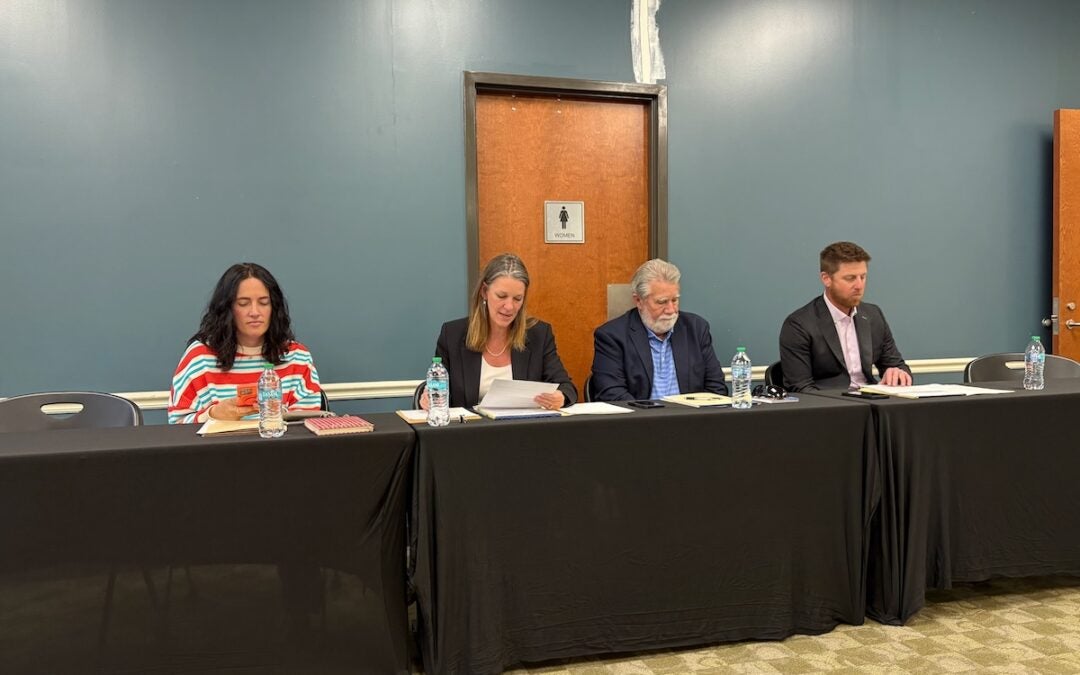Editor’s note: In this final installment of the Augusta Press’s series on transparency in local government, Executive Editor Debbie Reddin van Tuyll shares resources for understanding and using the law that are readily available to the public.
The Georgia General Assembly says it believes open government and “that open government is essential to a free, open, and democratic society,” according to the preamble of the Georgia Open Records law.
The law continues on to say that the reason open government is essential is to build “confidence in government so that the public can evaluate the expenditure of public funds and the efficient and proper functioning of its institutions.”
Georgia legislators are such big believers in open government that they exempted themselves and their staffs from the law.
Exemptions to the law are legion — listed in the chapter on open records law in Gregory C. Lisby’s book, Communication Law in Georgia, they go on for pages. Exemptions range from the reasonable — on-going law enforcement investigations — to the questionable — parole board hearings. Yet, experts say Georgia has one of the strongest laws in the South.
Navigating the law can be intimidating for those unused to reading legal language, and while the text of the law is readily available from the Attorney General’s website as a PDF download, other resources exist that explain the law in more understandable ways. Below is a list of resources that citizens may find useful.
Resources
- Georgia Open Government Guide from the Reporter’s Committee on Freedom of the Press
- Communication Law in Georgia by Gregory C. Lisby.
- Georgia Public Records Guide, Muckrock
- The Red Book (Georgia Sunshine Laws), Georgia First Amendment Foundation
- The Yellow Book (Access to Georgia courts), Georgia First Amendment Foundation
- The Blue Book (Access to law enforcement records), Georgia First Amendment Foundation









